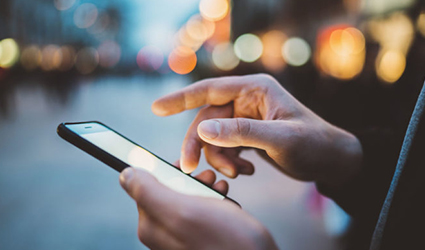Do Mental Health Apps Under-Diagnose or Over-Diagnose?
July 18, 2018
Source: MobiHealthNews
 1,148
1,148

A digital era in the medical field has arisen where one could find the increased utilization of health apps. But a recent analysis by a research team from the University of Sydney in Australia claims that these apps might lead to insignificant diagnosis and wrong information about the illness.
The study authors reported, “Mental health apps may promote medicalization of normal mental states and imply individual responsibility for mental well-being; Within the healthcare clinician-patient relationship, such messages should be challenged, where appropriate, to prevent overdiagnosis and ensure supportive healthcare where needed.”
For study purposes, the research group checked mental health apps from the US, UK, Australia and Canada. They noticed that the apps were mainly focussed on self-monitoring tools, cognitive therapies and calming mechanisms. They reported that most of the apps “claimed vague scientific authority” for their product, which led to over-diagnosis or under-diagnosis of mental illness.
The study authors further added, “We identified two dominant messages about mental health: one, poor or fragile mental health is ubiquitous; and two, individuals can easily manage their own mental health problems with apps. Developers offered very limited scientific evidence for the apps’ claimed benefits.”
Dr. Lisa Parker, the lead author stated, “We encourage healthcare professionals to ask patients about app use and initiate discussions about the messages we have highlighted in this study; Patients may benefit from hearing alternative views about what constitutes normal psychological experiences, with specific attention toward counteracting medicalization. Mental health apps may appear compelling, but the idea that we all need or should engage in frequent app use should not be taken too seriously.”
By DduRead more on
- Things to Know before Buying Newborn Baby Incubators March 31, 2022
- Highly Resistant Food Poisoning Bug Responds to Antibiotics September 6, 2018
- Smartphone Based Diagnosis to Identify Mosquitoes Transmitting Infection September 5, 2018
- 3 Natural Plant Extracts Manufacturers on Drugdu.com September 4, 2018
- Shenzhen Chuanggan – Health Assessment Facility Supplier September 4, 2018
your submission has already been received.
OK
Subscribe
Please enter a valid Email address!
Submit
The most relevant industry news & insight will be sent to you every two weeks.



